Why Does Your Cat Not Drink Water? (And What Should You Do)
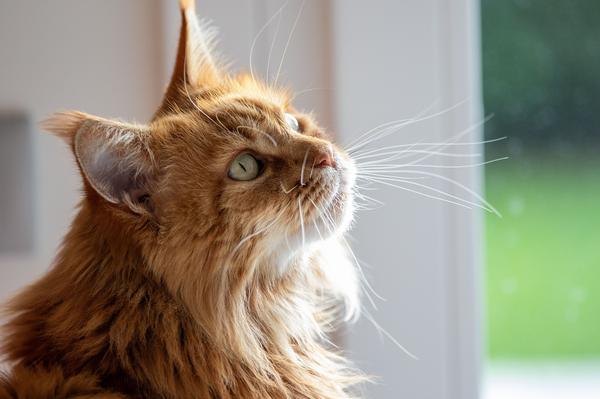
Ever wonder why your furry companion refuses to drink water?
It's like they have an aversion to hydration or something.
You've tried everything, but the anxiety just keeps creeping in. Trust me, I feel ya. 😔
But fear not, my friend.
Today, we're diving into the mysterious world of cat hydration.
Let's uncover the truth together.
What Can I Do if My Cat Won't Drink Water?
Don't worry if your cat isn't drinking water, my friend.
Here are some tips to help them stay hydrated:
- Always give them fresh water every day, so they can have a drink whenever they like.
- Try out different types of bowls - shallower or wider ones - to see which one they prefer.
- Change the water often. Cats seem to like running water, so you could use a pet water fountain or simply replace the water in their bowl more frequently.
- A little bit of flavor might entice them. Add a tiny amount of tuna juice or low-sodium chicken broth to their water and see if it catches their interest.
- Wet food is a great way to up their water intake since it contains moisture.
- Introduce water-rich foods into their diet, like watermelon or canned pumpkin.
- Make water bowls available throughout your home, so they can find a source of hydration wherever they roam.
But listen up, if your furry pal avoids water for 48-72 hours or starts showing worrisome signs such as tiredness or throwing up, go straight to the vet.
They'll know exactly what to do and give your feline companion the care they need.
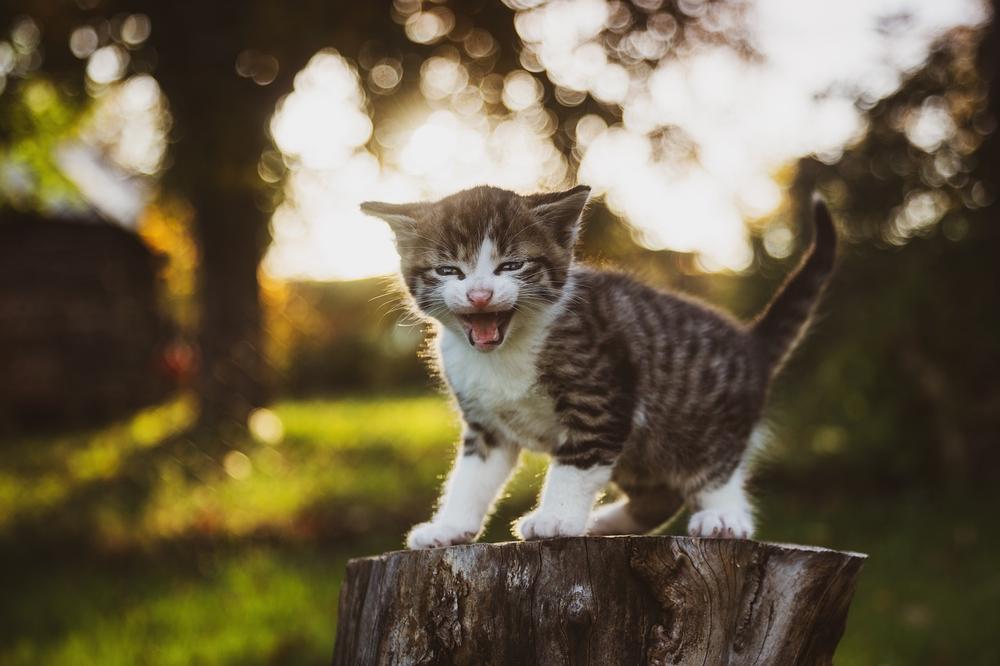
So don't hesitate! 😺
And by the way, how can you tell if your cat is dehydrated?
This next section will reveal signs of dehydration to watch out for and what action you should take.
Don't miss it, as recognizing these symptoms could be crucial for your cat's well-being...
How Can I Tell if My Cat Is Dehydrated?
How do you know if your cat is dehydrated?
Well, here are some signs to watch out for:
- The gums are dry, not moist or sticky.
- The eyes look sunken or hollow.
- Constipation becomes a struggle.
- Vomiting or diarrhea happens often, leading to fluid loss and dehydration.
- A lack of appetite or refusing to eat could be a warning sign.
- Your cat shows less energy, seems weak or tired.
- Straining in the litter box indicates trouble urinating or defecating, which can mean dehydration.
- Breathing becomes difficult, with rapid or labored breaths indicating severe dehydration.
- Instead of producing normal saliva, a dehydrated cat may have a dry mouth.
- Despite what you might think, excessive urination can actually signal dehydration.
Though, these are just general indicators.
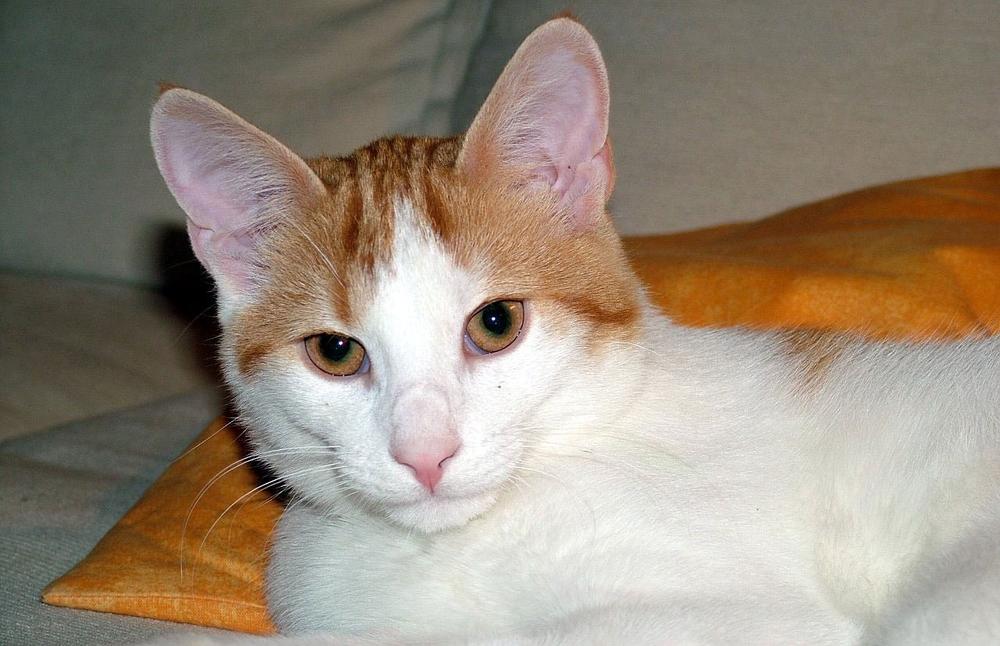
If any of these signs persist or worsen, it's vital that you seek immediate veterinary help.
When it comes to your furry friend's health, it's better to play it safe than be sorry!
Now, you might be wondering how exactly you can get your cat to consume more water and ensure they stay hydrated.
Well, let me tell you the secrets to increasing your feline friend's water intake and improving their all in all health...
How Much Water Should a Cat Drink?
How much water should a cat drink?
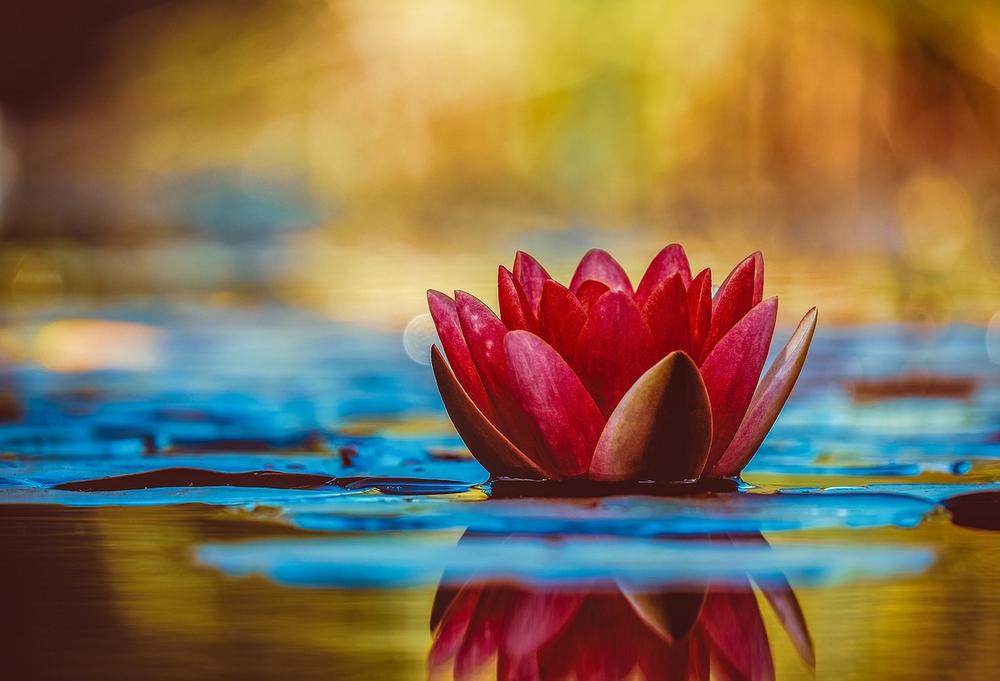
It's an important question if you want your furry friend to be healthy and hydrated.
Here are some things to keep in mind:
- If you feed wet food instead of dry kibble, your cat will likely consume more water overall.
- Unlike dogs, cats don't usually drink a lot of water. They typically only have one ounce for every half-ounce of dry food they eat.
- A healthy cat should ideally drink about 4 ounces of water for every 5 pounds of body weight each day. But remember, this can vary depending on factors such as diet, medical conditions, age, size, and the season.
- Cats may not seem like big drinkers, but they prefer to drink smaller amounts at a time.
- The type of food they eat also affects their water needs.
- Adult domestic cats generally need around 250ml of water per day. However, active cats or those in warmer climates might require more.
- As a general rule, cats should have at least 4 ounces of water for every 5 pounds of body weight.
So, make sure to give your cat enough water to keep them happy and healthy!
How to Get Cats to Drink Water
To get your cat to drink more water, here are a few things you can try:
- Get a cat water fountain that keeps the water flowing and filtered. Cats like running water.
- Put several clean water bowls around the house, especially in quiet spots where your cat feels safe. 💧
- Move the water bowl to different places and try different materials for the bowl. Some cats have preferences.
- Mix canned food or extra water into your cat's meals to increase their water intake. But keep the water fountains clean and filled with fresh water.
- Note that some cats may drink less if they eat wet food since it already hydrates them.
- Remember, each cat is unique and might want separate areas for water and food. Also, cats have different temperature preferences for water.
- No matter what techniques you use, always provide clean and fresh water all day for your cat's hydration and overall health.
You have to keep your cat hydrated.
And if you're still worried about why your furry friend just won't drink from their bowl, I understand.
That's why I've written a detailed guide, all about why cats might refuse their water bowls.
I highly recommend checking out my article, "Why Wont My Cat Drink Water From Her Bowl," where you'll find all the possible reasons and solutions.
Trust me, it's worth a read to keep your cat happy and hydrated!
Common Causes of Cat Dehydration and Water Aversion
Why water is important for cats
Let's talk about why cats need water.
It's not just another drink.
Water is vital for their survival.
They need it to stay hydrated and keep their bodies functioning properly.
Reasons why cats might not drink enough water
But if your cat doesn't drink enough water, there could be a few reasons why.
One possibility is that the water bowl isn't in a good location.
Cats can be picky about where they drink from, so make sure their water bowl is in a quiet and easy-to-reach spot.
Another thing to consider is your cat's health.
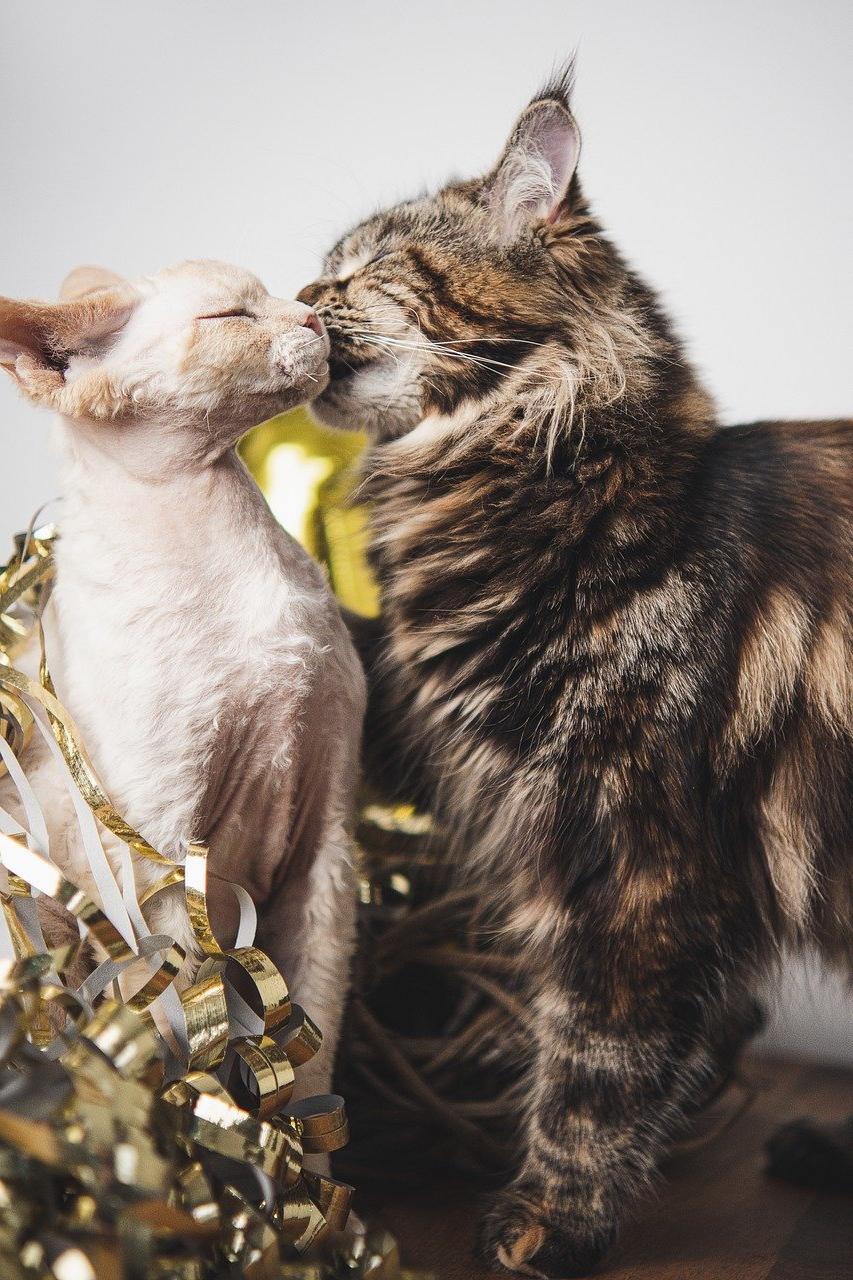
Conditions like kidney disease, heatstroke, or diabetes can affect their water intake.
If you're worried about how much water your cat is drinking, it's best to consult a vet to rule out any serious health problems.
Other factors affecting water intake
There are other things that can influence how much water your cat drinks.
Changes in routine or diet can throw them off and make them drink less water.
Dental infections, mouth inflammation, and gastrointestinal diseases can also make drinking water uncomfortable for them.
Certain medical conditions like kidney issues, hyperthyroidism, certain cancers, and diabetes can make cats more prone to dehydration.
Dehydration is a serious problem that can affect their energy, organ function, and even their skin.
In conclusion, you have to ensure your cat has enough water to avoid dehydration.
If you notice any changes in their water consumption, it's always a good idea to talk to a vet to address any underlying issues.
Encouraging Cats to Stay Hydrated: Essential Tips
Key Takeaways:
- Cats require hydration for survival and overall well-being.
- Signs of dehydration in cats include dry gums, sunken eyes, and loss of appetite.
- Cats typically drink less water than dogs, but their intake can vary.
- Strategies for encouraging cats to drink more water include multiple bowls, changing locations, and adding water to meals.
- Dehydration in cats can be fatal, especially for those with underlying health issues.
- A vet should be consulted if a cat is not drinking water for more than 48-72 hours or displays concerning symptoms.
And that wraps up today's article.
If you wish to read more of my useful articles, I recommend you check out some of these: How Long Can a Cat Go Without Water, What Happens if Your Cat Eats or Licks Toothpaste, Why Is My Cats Nose Cold, Why Do Cats Noses Get Wet When They Purr, and Cat Purring Effect on Humans
Talk soon,
-Sarah Davis